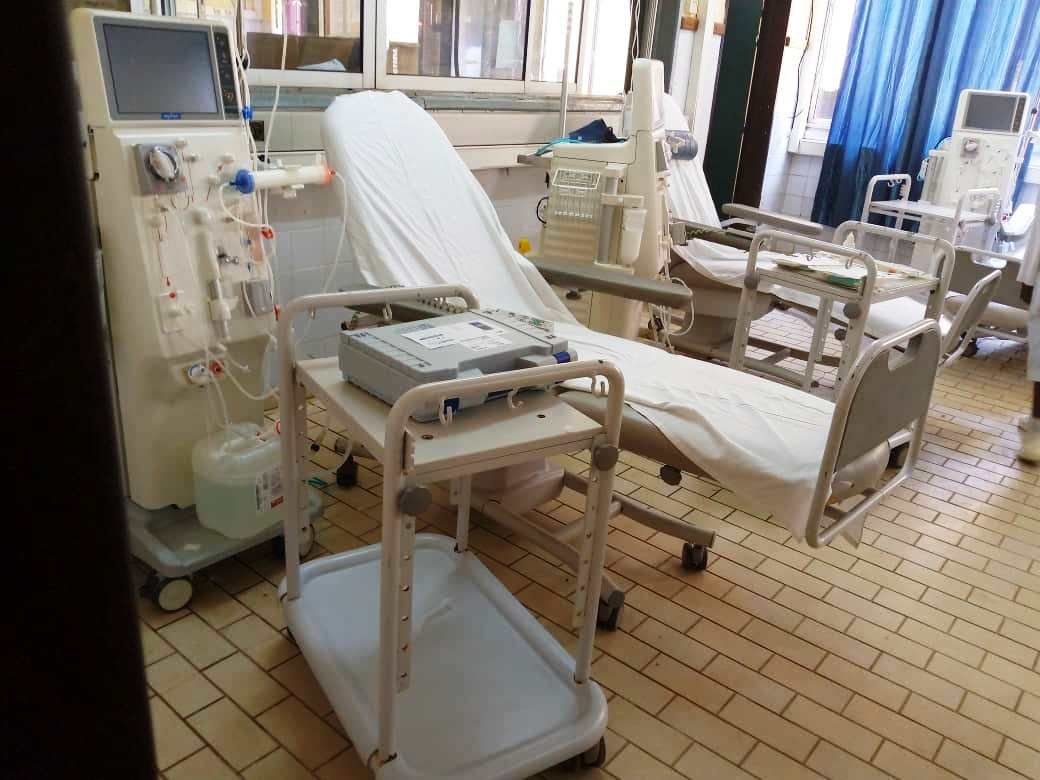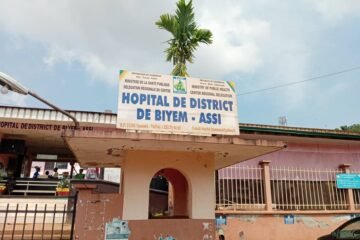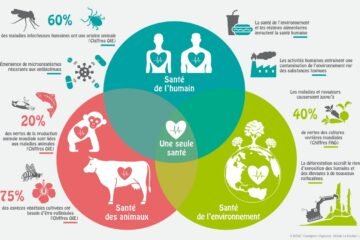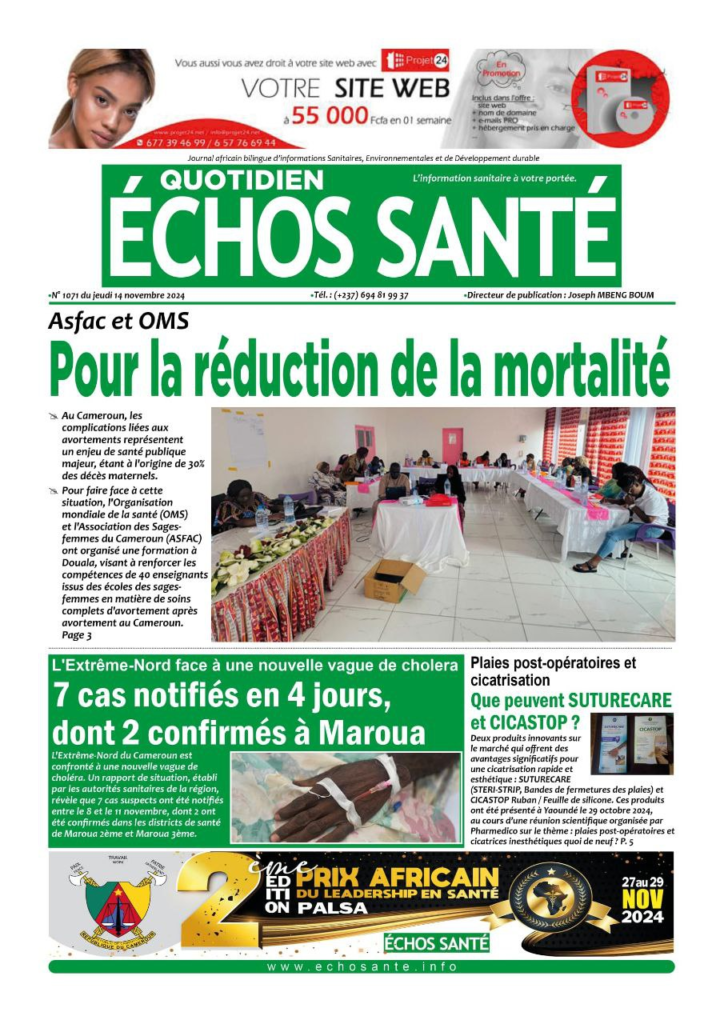
The Minister of Public Health has inaugurated ten new hemodialysis machines at the Yaoundé General Hospital. This was on Wednesday, September 15, 2021 during an inspection visit at the said hospital, to evaluate its technical and equipment pool, which are expected to play an indispensable role during the 2021 AFCON scheduled to be take place in Cameroon from January to February 2021.
For a better comfort for people suffering from kidney diseases, 10 additional hemodialysis machines have been added at the service of the patients at the Yaoundé General Hospital, thereby by updating its technical and equipment pool.
The inauguration of these new machines which are currently operational come as a relief to numerous patients who are victims of this diseases.
The new machines are timely and comfortable, kidney patients say. This is the case of Mama Eugenie, an inhabitant of the Essos neighborhood who says she is relieved with the presence of new machines. She will no longer spend days or even weeks waiting to be attended to, thanks to these machines
The staff of the Dialysis Unit of the hospital explains that initially, patients had to wait for long hours so as to use the few available machines. Dr Aristide Nono Tomta explained that in 2018, the hospital received new dialysis machines, but the workload was too much, eventually leading to the breakdown of machines.
Recently, the dialysis unit of the Yaoundé General Hospital was functioning with about a dozen machines for over 200 persons a day. The new package of ten is therefore a real boost to the unit. Dr Aristide Nono Tomta says that the capacity of the water treatment system has now increased and it can now produce water for over 20 dialysis machines as compared to before when it could provide for just eight machines.
The inauguration of this dialysis unit has come with subsidiary benefits to the hospital. Among other things is the installation of nine generators which provide electrical engineer in times of power failure. This has ameliorated and reinforced the provision of services.
Besides this, the Minister of Public Health noted that “we also set up quality references so that we push to be at the same level with the hydrolysis of western countries. This is possible and we are working on it.”
The major problem faced by this service as of now is the availability of quality water used in treating patients. This problem is however being looked into by the competent powers. This includes the putting in place of filters and boreholes for the provision of a better quality of water.
Haemodialysis here involves reaction of an organic chemical used with water to form two or more substances, and usually means the cleavage of chemical bonds by the additional water. These machines have come to solve the problems of limited services due to insufficient machines.
Dialysis performs the function of the kidneys if they’ve failed. According to the National Kidney Foundation, end-stage kidney failure occurs when the kidneys are performing at only 10 to 15 percent of their normal function.
Dialysis is a treatment that filters and purifies the blood using a machine. This helps keep your fluids and electrolytes in balance when the kidneys cannot do their job.
Properly functioning kidneys prevent extra water, waste, and other impurities from accumulating in your body. They also help control blood pressure and regulate the levels of chemical elements in the blood. These elements may include sodium and potassium.
When your kidneys can’t perform these functions due to disease or injury, dialysis can help keep the body running as normally as possible. Without dialysis, salts and other waste products will accumulate in the blood, poison the body, and damage other organs, which may subsequently lead to death.
Ingrid KENGNE

















